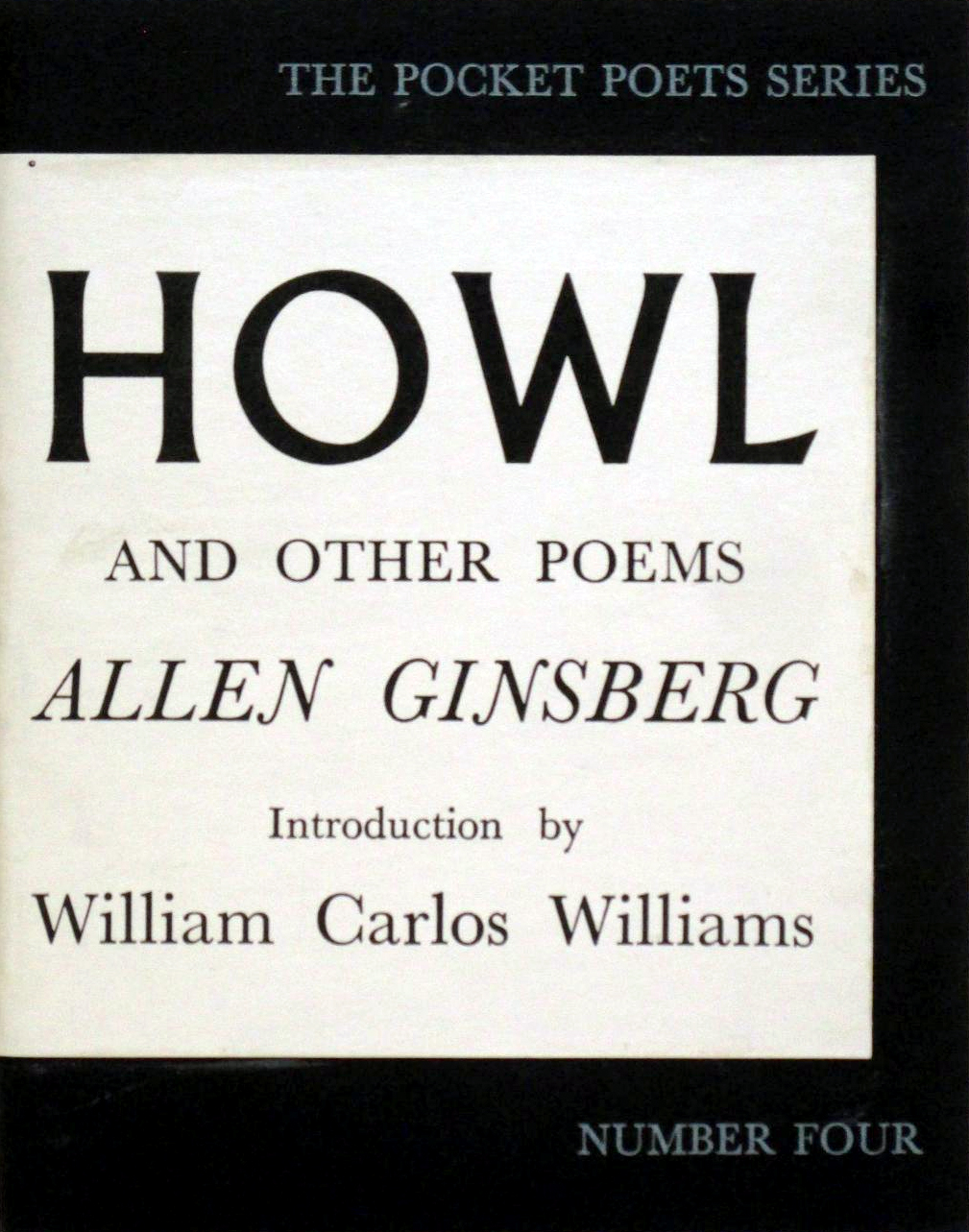First appeared in Kristine Kathryn Rusch's F&SF. Reprinted by Pamela Sargent. Winner of the Hugo, Nebula, Locus and HOMer Awards. Finalist for Theodore Sturgeon Memorial Award.
Summary & Commentary with Spoilers (although this isn't much a spoiler kind of story)
 Apparently based on true (or not?) events, the tale relates a single man's difficulties in finding, adopting, and raising a son--one who has a number of developmental issues yet is still intelligent. The story at the end suggests this is not a true story although possibly tangentially related. The novel, however, suggests a closer alignment with reality.
Apparently based on true (or not?) events, the tale relates a single man's difficulties in finding, adopting, and raising a son--one who has a number of developmental issues yet is still intelligent. The story at the end suggests this is not a true story although possibly tangentially related. The novel, however, suggests a closer alignment with reality.I'd been meaning to read this for a while, considering all the awards it gathered to its bosom. However, it wasn't reprinted except to be included in an award anthology. The story maintains interest for SF name-droppings--those who directly and indirectly (through written work or past behavior) influenced the narrator's decisions to raise the child. It isn't really SF except it does involve SF figures.
It is "interstitional" and metafictional in that it uses genre (and perhaps genre is necessary to fully appreciate it) but it isn't SF, especially since it tries hard to erase any connection to SF that it might establish (that is, we might briefly wonder whether the child is truly from Mars).
So why did it win so many awards? It's hard to say from this distance. It may be telling that it wasn't reprinted indicating the lack of SF content (not that that should be a measure of quality). The story ends where the movie begins: with the protagonist's realizing he aligns with the boy's oddity. It also hopes that the boy's Martian wish comes true: that it wins awards. Award voters obliged.
The novel, on the other hand, uses SF more essentially in how the path of a story might influence the narrator. This was one of the primary strengths of the novel--that and some strong scenes, particularly the first meeting with the dog and the way jokes evolve upon the boy's consciousness: from a lack of understanding to the glimmers of comprehension.
The movie had the best closure and actually made me tear up a little (the novel's was similar but lacked the movie's active plunge). At first I wasn't sure if it earned the emotion but decided that it had. Some critics agreed; others did not.
Another thing I liked about the movie is that they played up the interstitiality of whether the boy is or is not from Mars. When you look at the deleted scenes, you can see that they were looking for ways to strengthen that connection and the closure plays on this uncertainty. The movie's SF movie (movie within a movie) isn't well utilized, so it should have jettisoned or rooted into for more connections.
Maybe it's the nerd in me but, although I love the belt keeping him on Earth to prevent the pull of Martian gravity (which makes a great symbol for the kid's fearing of losing his adopted dad), it doesn't make sense in terms of science where Mars has a lower gravity. At points, the kid is a scientific prodigy and seems aware of how the cosmos works, but at other times he's just an average, scientifically confused boy.
Still, all of these formats are touching. If you have time, pursue the novel over the story. The novel received no award attention apparently. The story must have hit the award voters right in the zeitgeist but the novel had lost those voters.


